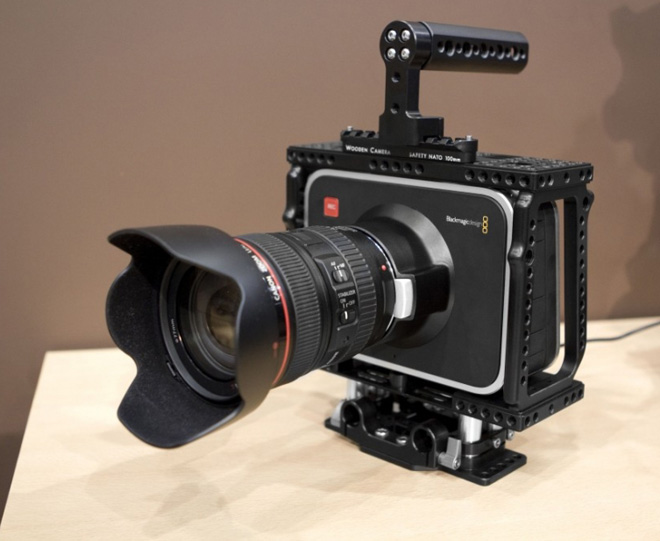I'm pursuing an MFA in Digital Cinema, and am required to buy my own equipment. I need help putting together a kit. Since this is a professional degree program, I'm going to assume that I need to buy professional level equipmentl. Financial aid will cover the cost of my equipment since it's required for the degree program, but I don't want to go crazy. I'd like to get a good balance between utility and price.
I need to get a digital camera, a video camera, audio equipment, lights, stands, mics, tripods, cases, accessories, and anything else usually needed that I'm too green to think about. FULL DISCLOSURE: Only the two cameras, the software, and a computer that could handle the software and crunching the video were specifically required, but all the other stuff is needed to complete assignments (and also will be used for my thesis film) AND since financial aid is available, I figured I may as well get it all out of the way now.
I also have to get editing software, and get a new computer but those are easier choices to make (Final Draft, Adobe CS6 Production Suite & a 27" i7 iMac). I do know that I want separate digital still and video cameras, though. For the digital camera, I'm thinking the Canon 5D Mark II and 2-3 lenses. Since the Mark III has come out, the prices for the Mark II should have come down, I hope.
I just don't know about the rest! All I guess I can say is that I don't want to spend more than $10,000 on everything (is that realistic?), and that I don't mind buying refurbished or gently used for everything BUT the cameras (I need FULL manufacturer and extended warranties for such expensive items).
So, what say you all who know much more than me? And, thanks in advance for your help!
I need to get a digital camera, a video camera, audio equipment, lights, stands, mics, tripods, cases, accessories, and anything else usually needed that I'm too green to think about. FULL DISCLOSURE: Only the two cameras, the software, and a computer that could handle the software and crunching the video were specifically required, but all the other stuff is needed to complete assignments (and also will be used for my thesis film) AND since financial aid is available, I figured I may as well get it all out of the way now.
I also have to get editing software, and get a new computer but those are easier choices to make (Final Draft, Adobe CS6 Production Suite & a 27" i7 iMac). I do know that I want separate digital still and video cameras, though. For the digital camera, I'm thinking the Canon 5D Mark II and 2-3 lenses. Since the Mark III has come out, the prices for the Mark II should have come down, I hope.
I just don't know about the rest! All I guess I can say is that I don't want to spend more than $10,000 on everything (is that realistic?), and that I don't mind buying refurbished or gently used for everything BUT the cameras (I need FULL manufacturer and extended warranties for such expensive items).
So, what say you all who know much more than me? And, thanks in advance for your help!






